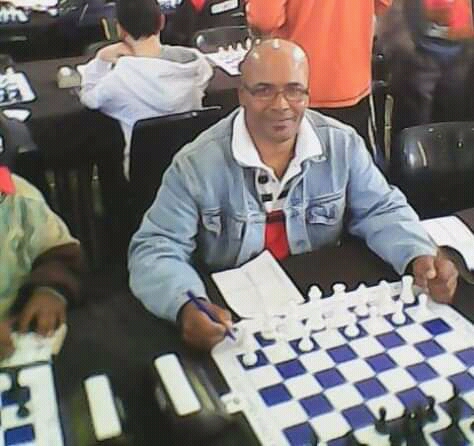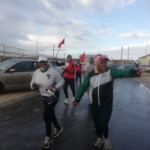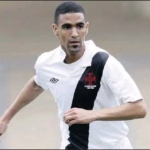By Khanyisile Brukwe Images: Supplied
Chess can change lives, and help young people learn valuable lessons – and nobody knows that better than Hendrik Marcus , founder of Elsies River Chess Club, where children become champions.
“Chess isn’t just about learning tactics and strategies and being smart,” he says. “Chess is where you learn discipline and respect. And that is what we teach these youngsters: to respect your opponent, and to respect yourself.”
Hendrik has been playing chess for over fifty years now – ever since his time as a boy in East London – but that doesn’t mean he was always passionate about the sport.
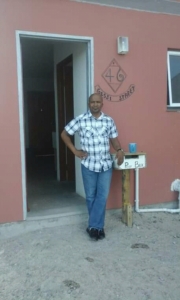
“During my school years I went to the library and I used to study there and I saw these other children playing chess – and I hated that game,” he laughs. “But then something convinced me to participate, and I started to see how it’s actually a very interesting game. And then the chess bug really bit me – and it’s never left.”
Due to financial troubles, Hendrik couldn’t finish high school – and when his mother died, he left the system entirely. But he didn’t give up on chess, and the lessons it taught.
“One of my highlights as a chess player came four years into my career,” he says. “There was a tournament in East London, and all these teams from Cape Town, Durban, Johannesburg and so on came down to compete. Without even knowing who it was, I managed to beat the number one Western Province player. It got me a lot of respect – especially from the guy I beat.”
But it wasn’t victory that taught him the true potential of chess to change lives – that was a lesson he learned through defeat…kind of.
“At one tournament I was facing off against a 9-year-old girl,” he shares. “She was playing well, but I was a bit better. She was already four games up, though, and I could tell how important it was to her. So I gave her the game – and she went on to win her division, and she was so happy. I wanted to help more children experience that joy.”
So when he came down to Cape Town in 1999, he started a club – the Elsies River Chess Club, which won the Western Cape Club Champions that took place in Wilderness late last year. “And it is situated here in Elsies and the base is the Elsies River Library; we have our meetings there in the hall.”
Chess proved popular in the community – though not with everyone, at least at first.
“The challenge in the club was that many parents weren’t convinced that chess was good for their children,” Hendrik recalls. “Once a child joined the club and soon came to me to explain his mother didn’t want him to play in the club. When I explained to her what chess really meant to her son and the community, she understood and supported him – and just in time for him to come third in a tournament.”
It probably didn’t hurt that the team soon started showing some real promise.
“Five of my players got their Western Province colours, and two of them play for South Africa,” Hendrik notes proudly. “Then we have this youngster, Taziano – he came to us when he was just nine, and three years later he was playing in India, representing South Africa for the CommonWealth Games.”
Chess Dreams & Inspirations
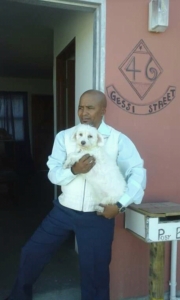
Chess, Hendrik feels, can also provide a sense of direction, and inspiring role models for youth to look up to – like Hendrik’s own role model, the one and only Gary Kasparov, longtime world champion and the legendary man who fought the machine.
“Kasparov started at a young age, and he just kept getting better. He played some amazing games – and you can read all about them in the library. And maybe someday you’ll be able to read about some of my players there as well.”
Or maybe even Hendrik himself.
“One thing I really want to do, you see the Guinness World Record for the time to beat is 54 hours and now you play without sleeping, you can have a rest now and then but you can’t sleep you must continue playing for the 2 and a half days now that is my aim.”
It may seem far-fetched – but he’s tackling it tactically.
“People think chess is only mental, but it’s also about stamina and endurance – and discipline. I’ve got the discipline on the board, and in athletics, I used to run the Comrades. So I think I can do it. I will do it. One day if I can get the finances to participate, line up a sponsorship, we will be crowned the world champions.”
And of course, there’s always plan B.
“I stay in Freedom Farm, where there are lots of vulnerable children with nothing to do, and no dreams to inspire them,” he says. “I would also like to establish a club here on the Farm as well – and show them that they can do so much more than they think they can.”

